by Léa Charette
Highlight of Article:This article’s content will reflect on the position of a foreign exchange student in Taïwan. Its aim is not to present my student exchange experience as unique or universal. I simply wished to give an account of my experience in the hopes that it will resonate with others.
Shortly before the beginning of Chinese New Year - while the train tickets were still available and relatively inexpensive -. my Taiwanese friend and I had decided to take a short weekend trip to Tainan to experience the good food and local culture. It was during this trip that I reflected on the past five months I had already spent as an exchange student and what it really meant to be a foreign student in Taïwan.
As we were among the many other passengers that were boarding at Songshan Station, I kept apologizing while I bumped into people. “不好意思,不好意思”, I repeated. My friend noticed it and smiled. She said to me: “you say bù hǎoyìsi, you are a real Taiwanese now”. I did not know what she meant. She explained: “I think Taiwanese say 不好意思 a lot more than other Mandarin speakers. In my opinion, Mainland Chinese people only say 抱歉 (bàoqiàn) or 對不起 (duìbùqǐ); they seldom say 不好意思.” That interesting language lesson made me feel proud to have unconsciously adopted a language characteristic of Taïwan. It made me feel closer to, as my friend had said, a “real Taiwanese”.
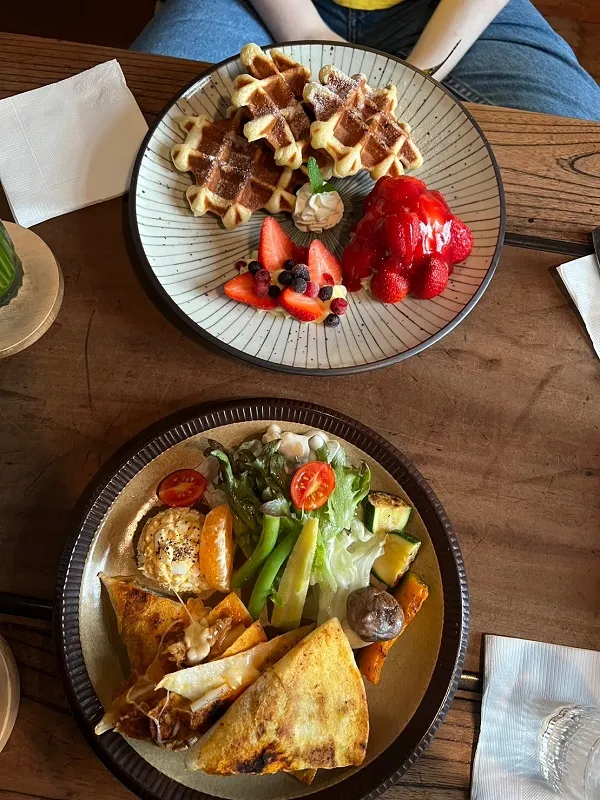
An example of the delicious meals we had on the trip/Photo Credit: 朱珮妤
As we continued talking, I made the joke that “Taiwanese people were the Canadians of Asia”, as both countries seemingly value being apologetic and respectful in all situations. When in a foreign country, it is often a reflex to make comparisons with the one you left. The comparisons are not meant to be overly critical of either place, but are simply a natural consequence of living somewhere else. However, when you live elsewhere for an extended period of time, the contrast slowly fades away. You start to see things for themselves instead of in opposition to what happens in your home country. This is one of the obvious characteristics of acclimation.
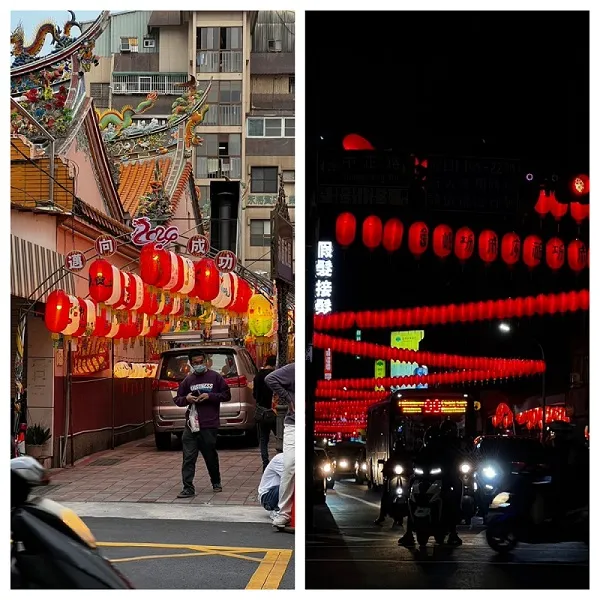
Picture 2 & 3 (grouped together): Tainan illuminated: we were in the city during the month of the Taïwan Lantern Festival.
A few days before going to Tainan, I had come back from a trip to Japan. My Japanese is not very good; I spoke in English to people I encountered if I really needed to make myself understood. The sole purpose of my trip was to see my friends and do some sightseeing. I had no doubts about my status as a foreign tourist. People would see me carrying my luggage around and would automatically deduct that I was only there in passing.
To be back in Taïwan was a different sensation. Here, I feel like neither a proper tourist nor a true resident, more like somebody in between. Anyone who has gone/is currently going on an exchange can agree that it is an interesting experience. You become intimately familiar with the country you are residing in, all the while with the knowledge that you will not stay there indefinitely (or perhaps you will; it happens). There is this push-and-pull between your status as an outsider and your extended knowledge of your surroundings that cannot make you just a tourist. I will expand on both extremes in the following paragraphs.
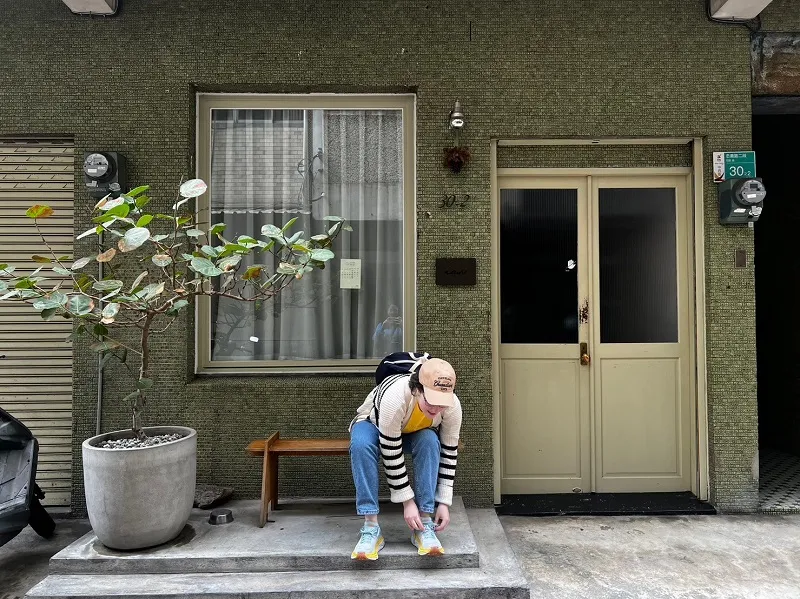
Picture 4 : Lacing up my shoes before a day spent exploring the city/Photo Credit: 朱珮妤.
In terms of knowledge, some of the people who have just arrived in Taïwan might wonder as to the usefulness of understanding or speaking Chinese. If you plan on living in Taïwan long-term, then I definitely think you should put some effort in learning the language. I am far from fluent, but I manage to communicate with people daily, and this has helped smooth things tremendously since I landed in August.
Being fluent in Chinese is not necessary to have a pleasant experience, but does come in handy when, for example, you have to make an appointment over the phone. There are various ways through which you can acquire some Chinese other than enrolling classes at university. A good tip is to make friends with Chinese-speaking students. The friend I am traveling with first asked me to be her language exchange partner. Every week, we would meet for a Chinese and English lesson. This is how we became friends, and how my Chinese vocabulary gradually improved.
Previously, I mentioned a common “status as outsiders”. This status can be felt more-or-less acutely during your stay in Taïwan, depending on the places you go to, the people you talk to, etc. On our first day in Tainan, my friend and I went to eat dinner at a small donburi place near our hotel. There were two other groups of foreigners, one Dutch mother-and-son duo and an American couple (the woman could speak Chinese). The chef and owner spent a lot of time entertaining them, asking questions in English and offering local liquor for them to try.
He didn’t pay much attention to my friend and I. I do not think this was done with any rude intent. I believe that because my friend had ordered in Chinese and because I had understood that there was a sold-out ingredient in my order and talked with them in Chinese about the replacement, they had realized we weren’t tourists. The chef asked each of the other foreign clients where they were from, but never did ask me.
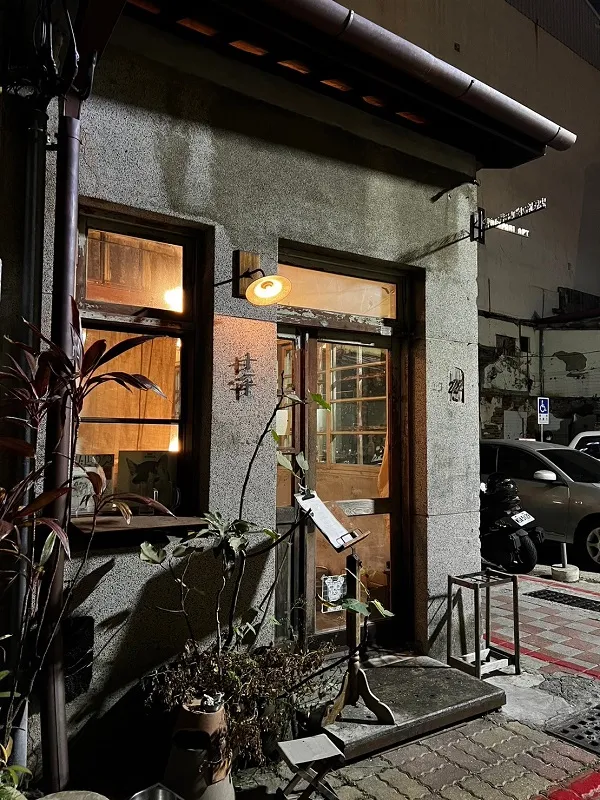
Picture 5: The aforementioned Japanese donburi restaurant/Photo Credit: 朱珮妤.
We had a great time, but the whole experience made me think. It was interesting to not be treated any differently than a local and not being singled out because I am a foreigner in Taïwan. It was somewhat surprising. The Taiwanese friends I talked to before going on the trip had told me: “people from Tainan and Kaohsiung are so warm and friendly, they are more eager to help foreigners than people in Taipei”.
However, as the trip came to an end, I came to the conclusion that I had not experienced the type of interactions my friends had predicted. Everyone I had met had behaved towards me just as the chef had done. I had felt like a local, invisible. It was not a feeling I was used to. I found myself on one end of the local-foreigner spectrum, one I had not expected to experience during my exchange.
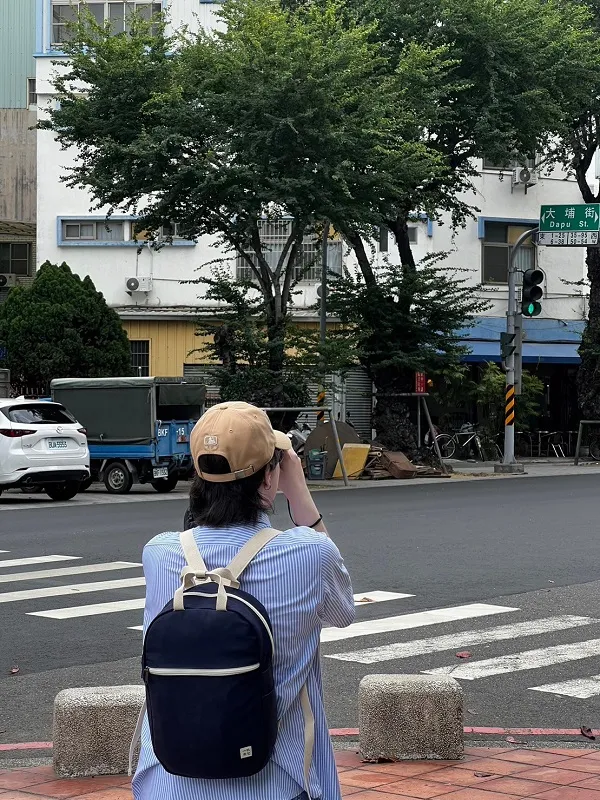
Photo 6: Taking pictures of the landmarks with my film camera. Don’t I look like a tourist? Photo Credit: 朱珮妤.
I hope that this article managed to clearly articulate my reflections pertaining to my exchange so far. I tried to express any conclusions I have in a way that can be understood by many and not be taken as offense by anybody. If I failed to express myself neutrally, the fault is all mine.
More on OIC connect no.93:
A Starter Pack to the Lunar New Year
The Old and the New Religious Ways: Interview With Professor Gao Chen-Hung
Jasmine Wu: A Student's Voice at COP28
NCCU at the Jessup Moot Court Taiwan Regional Competition 2024
New Student Guide: Addressing concerns adjusting to life in Taiwan